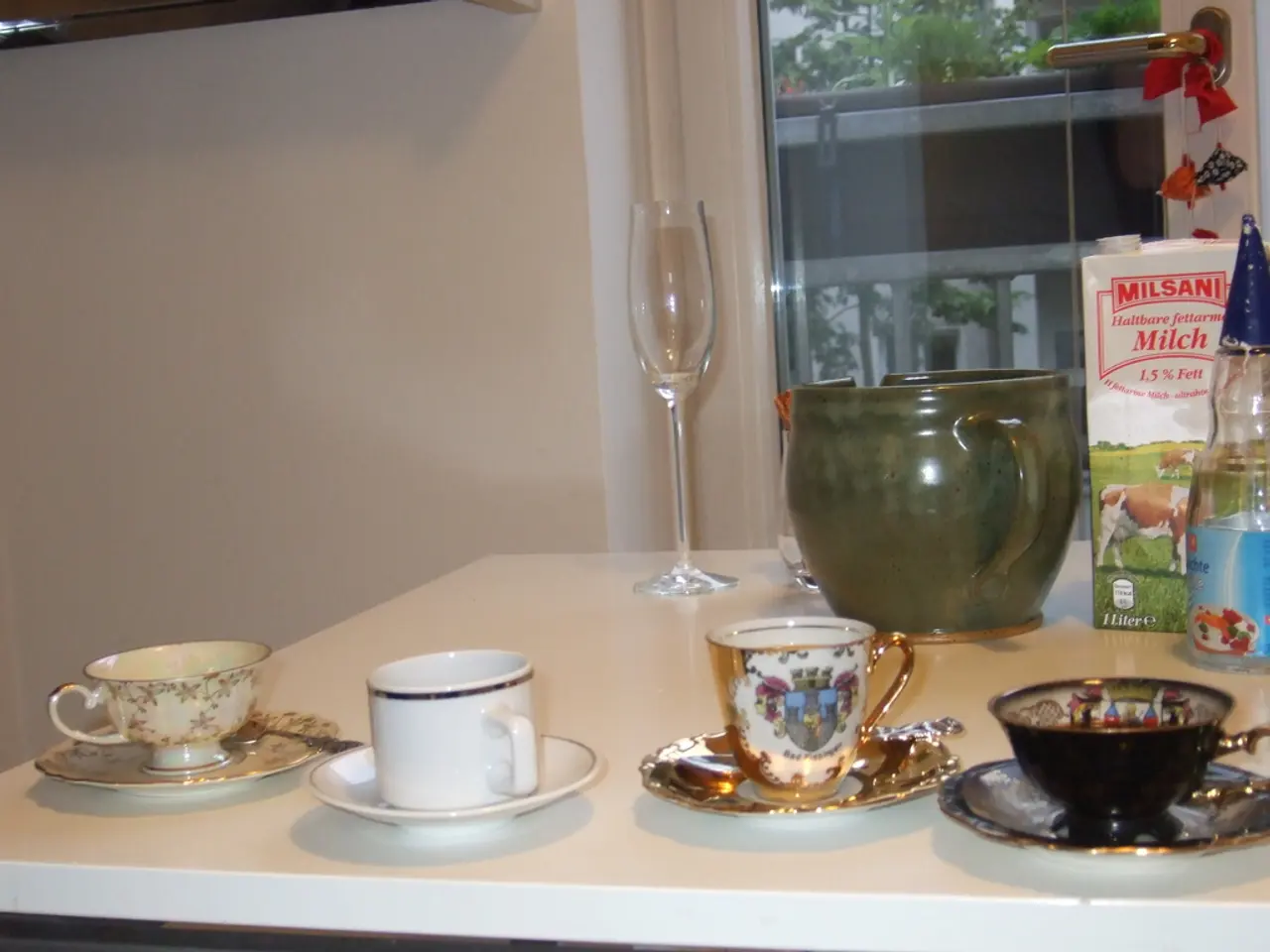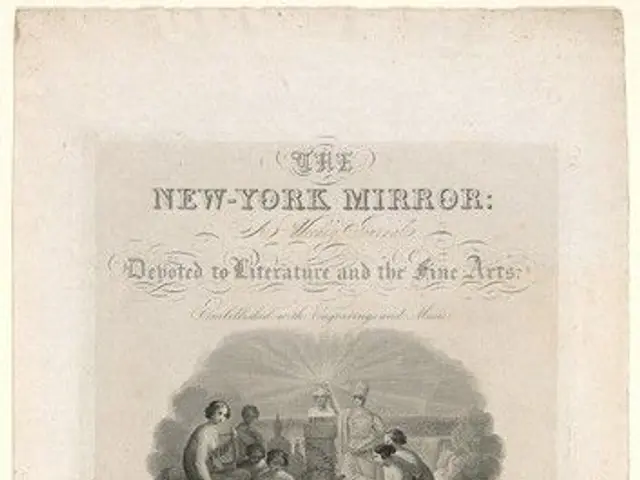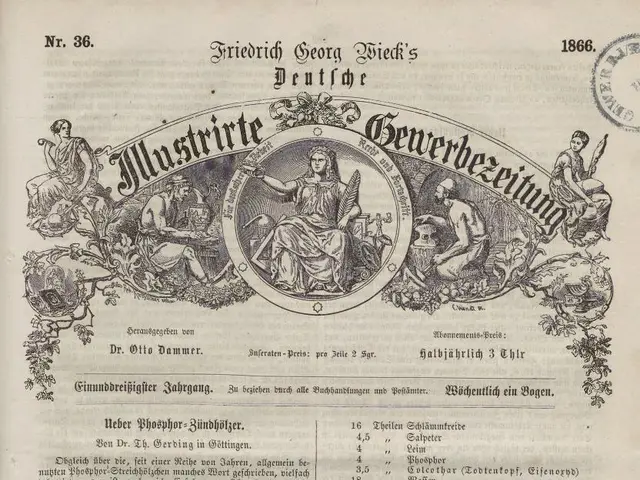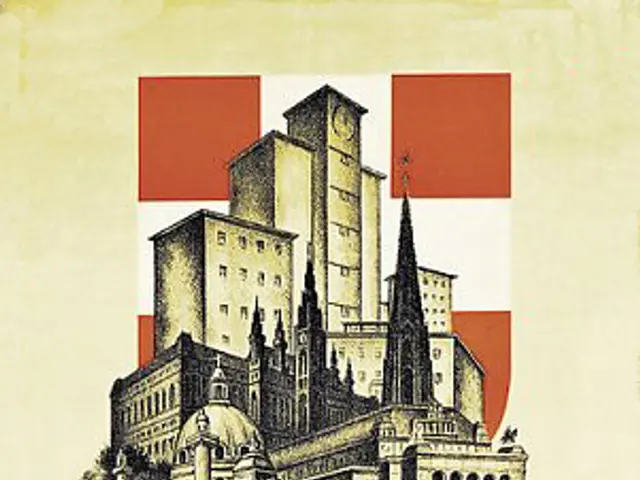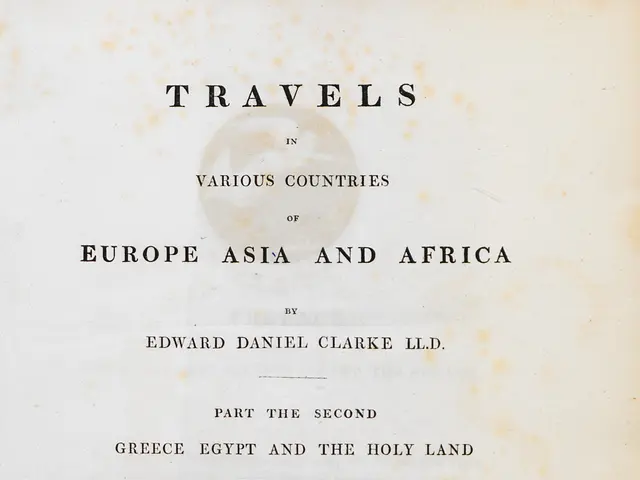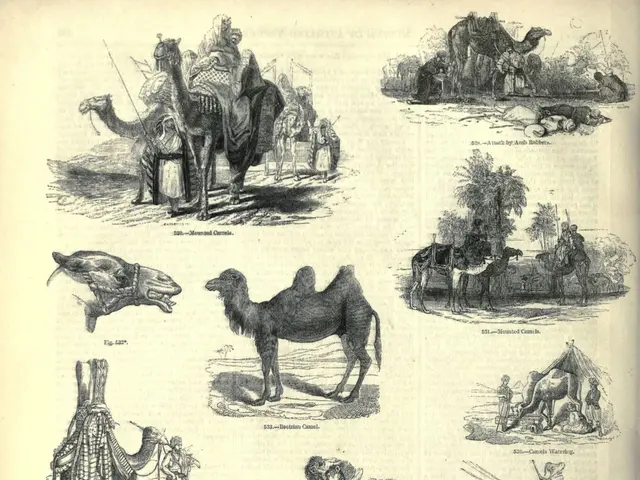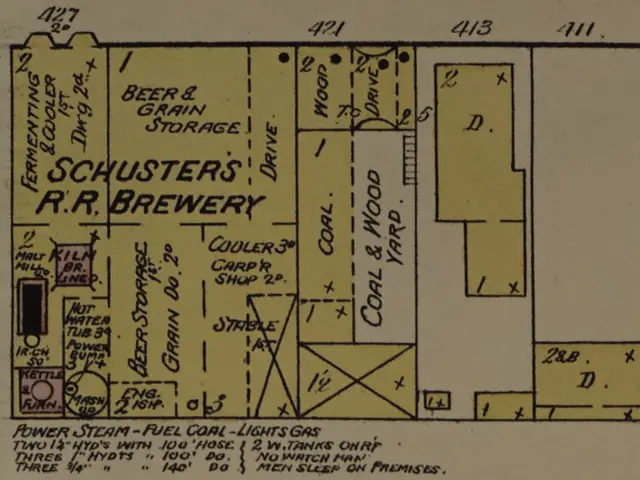To hydrate a bat, transform a cow into a zebra striped creature, and have a dish of porridge for your evening meal.
The 2025 Ig Nobel Prize, a celebration of unconventional and intriguing scientific research, was announced on September 19 and took place at Boston University in the US. The ceremony was filled with a mix of laughter and awe as researchers from around the world were recognised for their unusual yet captivating findings.
In the realm of Physics, the Ig Nobel Prize was awarded to Italians Fabrizio Olmeda and colleagues for their groundbreaking research on creating the perfect creamy cacio e pepe pasta sauce. By turning a culinary challenge into a fascinating physics study, they managed to both amuse and inspire thinking.
The Psychology prize went to Poles who delved into the question of what happens when people claim they're intelligent. Meanwhile, Biologists from Colombia, Germany, and Israel organised an experiment where they got bats drunk, revealing that the inebriated bats took longer to reach their goal and their echolocation was worse.
In the field of Biology, the IgNobel Prize was bestowed upon Japanese researchers for their unusual experiment of painting cows to look like zebras. Elsewhere, Zoologists from Italy, Nigeria, and Togo found that lizards prefer 'four cheese' pizza when they fed them various types of pizza.
The IgNobel Prize in health and medicine was given for a radical diet proposal that involves eating Teflon. On the other hand, Indian inventors Vikash Kumar and Sartak Mittal were honoured for creating an 'odor-eating machine' for stinky shoes and sneakers.
The Pediatrics Ig Nobel was awarded for a study on how garlic in a mother's diet affects the taste and smell of breast milk. A gastroenterological opera and a performance by Trisha Pasricha from Beth Israel Deaconess Medical Center were also part of the IgNobel Prize 2025 ceremony.
However, contrary to some reports, Trisha Pasricha did not receive an IgNobel Prize this year. The Dutch also tested an old wives' tale that people who've had a few drinks tend to speak a foreign language more fluently, but the results were not as convincing as the tale might suggest.
Lastly, American William Bin won the Ig Nobel Prize in Literature for a 35-year saga about the growth of his nails. The Ig Nobel Prize continues to remind us that even the most unexpected research findings can lead to fascinating discoveries.
